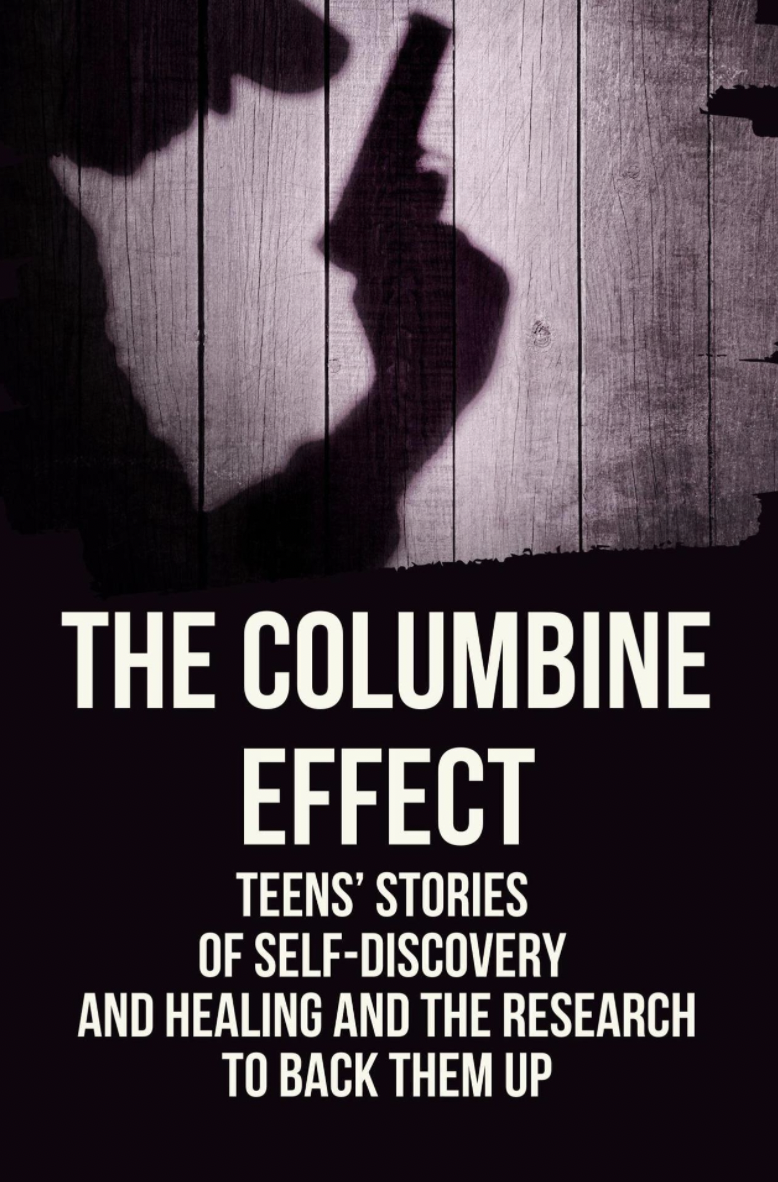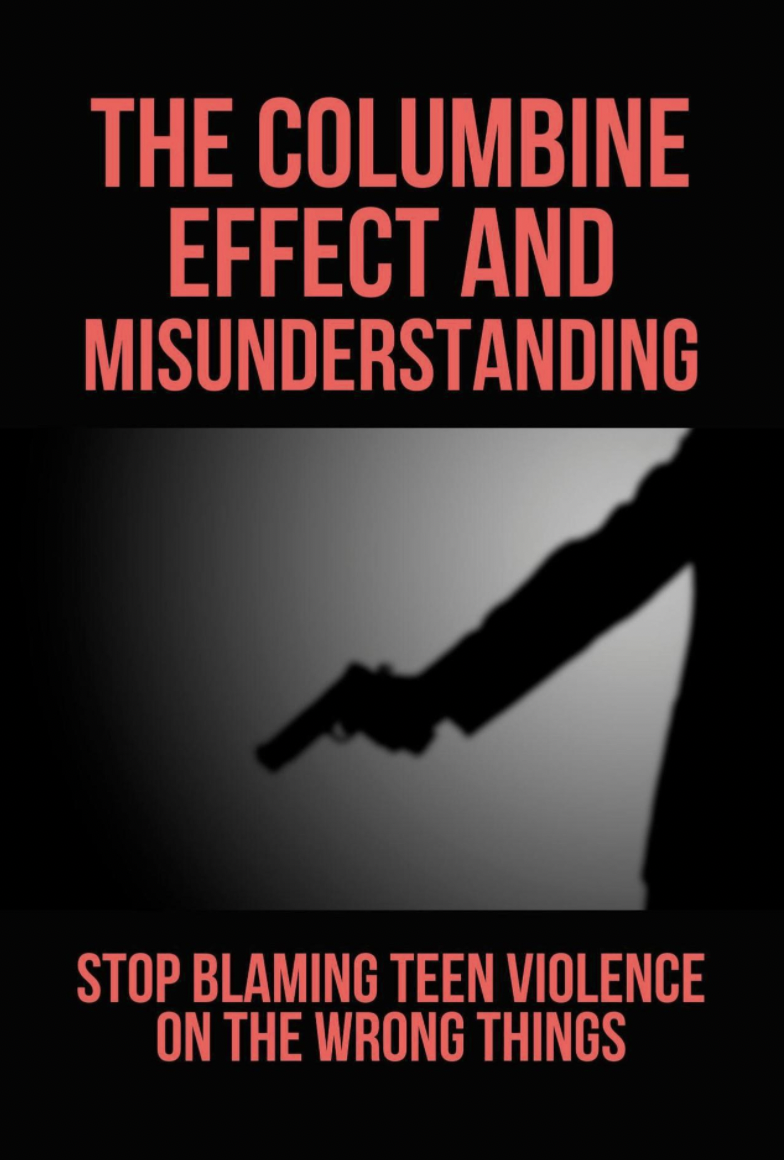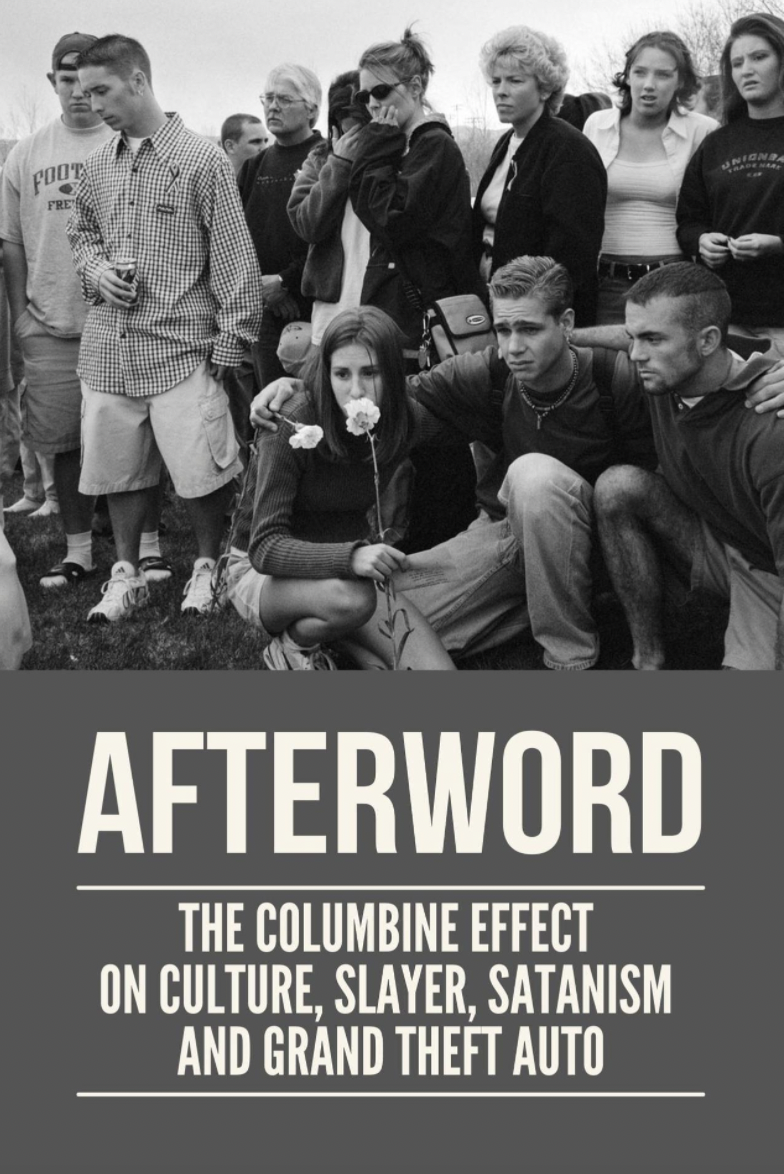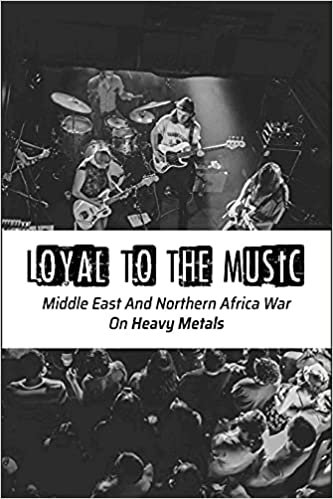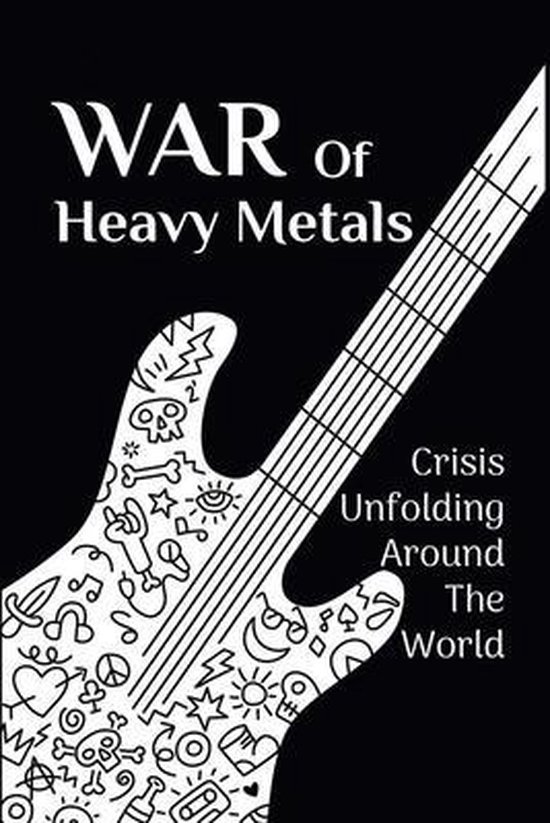I love reading, and I do a lot of it. I’m the rare person who gets sleepy while reading, so I read every night to help myself get to sleep. If you’d like to see what I read in 2023, you view those books here. I read all of the books I was looking forward to in 2023 (and many more) , with the exception of “Right Hand” by Natalie Zina Walschots, only because it hasn’t come out yet.
A lot of my fellow writers are releasing new books in 2023, and these are the ones I’m excited to read, plus two more from authors I don’t know (Gabe Cole Novoa and Heather Fawcett). I hope you’ll check out everything listed below.
1. “Most Ardently: A Pride & Prejudice Remix,” Gabe Cole Novoa (Jan. 16): “A trans boy searches for a future―and a romance―in which he can live and love openly as himself in this heartrending young-adult reimagining of Jane Austen's Pride and Prejudice, part of the Remixed Classics series.”
2. “Emily Wilde's Map of the Otherlands,” Heather Fawcett (Jan. 16): (I read the first book in this series in 2023, and it was one of my favorites of the year): “When mysterious faeries from other realms appear at her university, curmudgeonly professor Emily Wilde must uncover their secrets before it’s too late, in this heartwarming, enchanting second installment of the Emily Wilde series.”
3. “Breath by Breath,” Stephanie Wildman (Jan 23): “In this bedtime story, twins Flor and Roberto wonder how they can possibly go on an adventure at the same time as they go to sleep. Big brother Luis guides them in an exercise through their bodies, from the top of their heads to the tips of their toes. Following the gentle inhale and exhale of their breath, Flor and Roberto find love and calm inside and all around them as they drift off to sleep. Bonus content provides direction for mapping your own body scan.” Also, don’t miss Stephanie’s books “Ghost Writer” in September and “Miri’s Moving Day” in November.
4. “Tough Broad,” Caroline Paul (March 5): I’m so lucky that three books by authors I love and admire are releasing on my birthday! “Caroline Paul has always filled her life with adventure: From mountain biking in the Bolivian Andes to pitching a tent, mid-blizzard, on Denali, she has never been a stranger to the exhilaration the outdoors can hold. Yet through it all, she has long wondered, Why aren’t women, like men, encouraged to keep adventuring into old age? Tough Broad is her quest to understand not just how to live a dynamic life in a changing body, but why we must.”
5. “The Translator’s Daughter,” Grace Loh Prasad (March 5): “Born in Taiwan, Grace Loh Prasad was two years old when the threat of political persecution under Chiang Kai-shek’s dictatorship drove her family to the United States, setting her up to become an “accidental immigrant.” The family did not know when they would be able to go home again; this exile lasted long enough for Prasad to forget her native Taiwanese language and grow up American. Having multilingual parents—including a father who worked as a translator—meant she never had to develop the fluency to navigate Taiwan on visits. But when her parents moved back to Taiwan permanently when she was in college and her mother was diagnosed with Alzheimer’s, she recognized the urgency of forging a stronger connection with her birthplace before it was too late. As she recounts her journey to reclaim her heritage in The Translator’s Daughter, Prasad unfurls themes of memory, dislocation, and loss in all their rich complexity. The result is a unique immigration story about the loneliness of living in a diaspora, the search for belonging, and the meaning of home.”
6. “Island Rule,” Katie M. Flynn (March 5): “An angry mother turns into a literal monster. A company in San Francisco can scrub your entire reputation and create a new one…for a price. A failed actor on a reality show turns into an unlikely world savior. And much more. Through each of these twelve interconnected stories, Katie Flynn masterfully blends people, places, and even realities. From a powerful and “radiant” (Kassandra Montag, author of After the Flood) new literary voice to be reckoned with, this collection will stay with you after turn the final page.”
7. “Relative Strangers,” A.H. Kim (April 2): “From the acclaimed author of A Good Family comes a timely spin on Sense and Sensibility, a twenty-first-century family drama featuring two half-Korean sisters, their ex-hippie mother, multiple messy love affairs and one explosive secret that could ruin everything.”
8. “Sing, I” Ethel Rohan (April 15): “Inside Half Moon Bay, a sparkling California coastal town, Ester Prynn is dulled and diminished by struggles with work, money, marriage, her senile father, a troubled teenage son, and old guilt she can’t assuage. When a masked gunman robs the convenience store where Ester works, he upends her fraught life and propels her toward passions buried, like singing; desires discovered, like a same-sex infatuation; and wrongs righted, like bringing the violent assailant to justice. But as the armed robber commits new crimes and continues to evade capture, the trauma from the holdup climbs, threatening Ester’s newfound delights and longings and forcing her to contend with her burning regrets and what-ifs. In the reckoning between Ester and these growing, molten upsets, she’s faced with enormous choices and must determine what and who can bring her to her best life.”
9. “Portrait of a Woman,” Bridget Quinn (April 16): “Discover the story of Adélaïde Labille-Guiard—a long-ignored artist and feminist of eighteenth-century France—in this imaginative and illuminating biography from an award-winning writer.”
10. “Your Presence is Mandatory,” Sasha Vasilyuk (April 23): “A riveting debut novel, based on real events, about a Ukrainian World War II veteran with a secret that could land him in the Gulag, and his family who are forced to live in the shadow of all he has not told them.”
11. “Karaoke Queen,” Dominic Lim (Sept. 17): “Rising star Dominic Lim presents a joyous queer second-chance romance about a man who must work with his ex to save their beloved karaoke bar, perfect for fans of Casey McQuiston and Alexis Hall.”
If you’d like to see everything on my “want to read” list, you can find that here.






